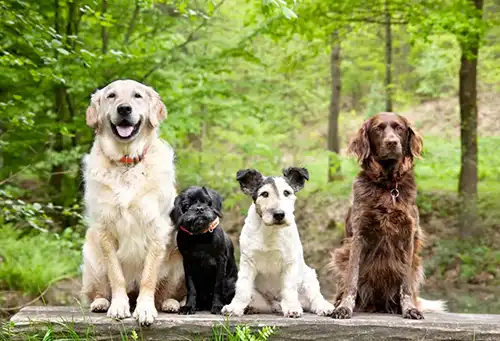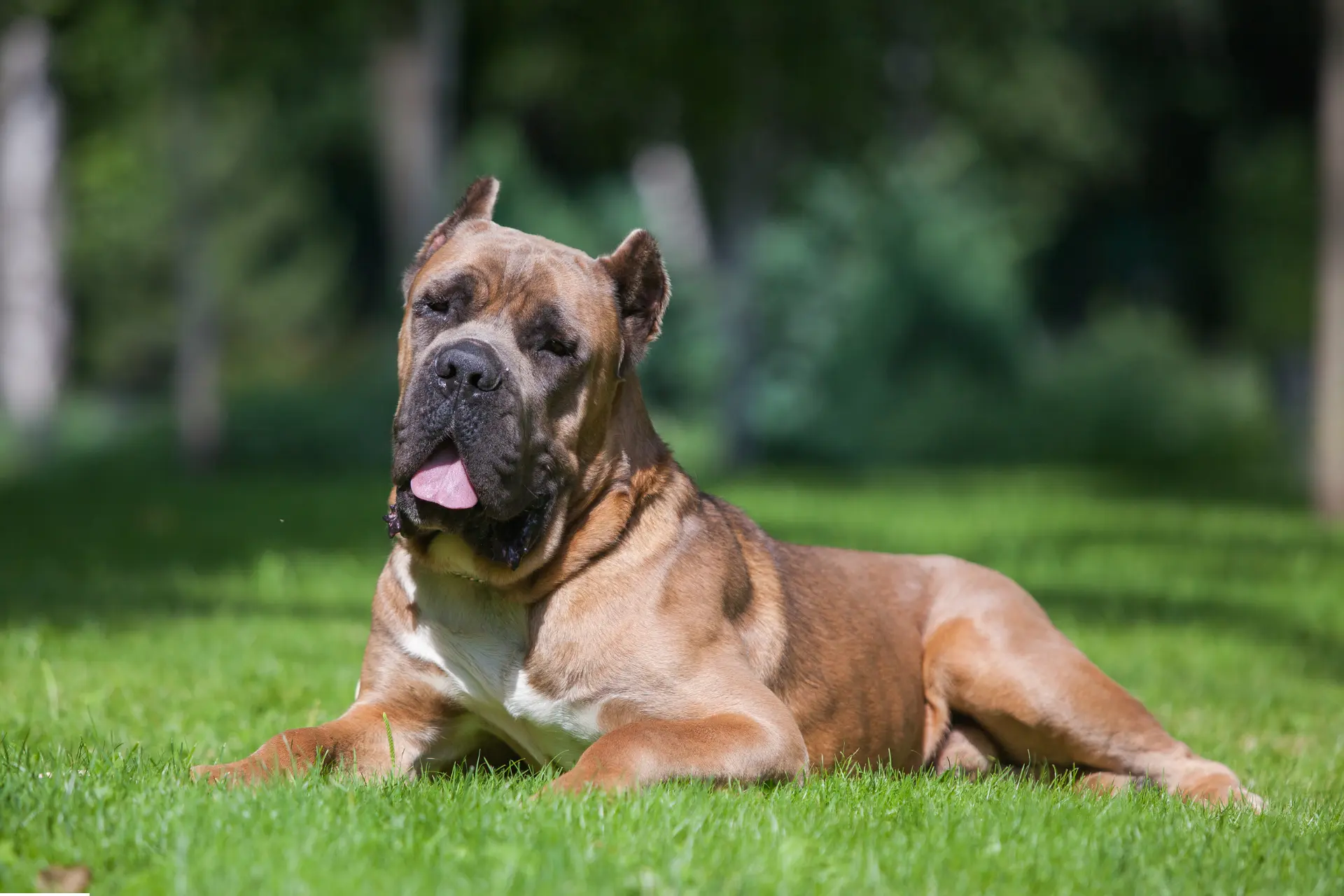Did you know that dental issues are very widespread in our canine companions? More than 80 percent of our four-legged pals will have some form of gum disease by the time they reach the age of three. Fido is also susceptible to many other dental problems, such as cracked or broken teeth, abscesses, and misalignments. Your pup can’t tell you if his teeth hurt, so it’s important to be aware of some warning signs. A local Longwood, FL vet lists some of them in this article.
Bad Breath
Bad breath can actually be an indication of a variety of medical conditions. To be fair, Fido’s breath probably won’t remind you of a crisp winter breeze. Most of you probably wouldn’t describe your pup’s affectionate smooches as minty-fresh. However, your canine buddy’s doggy breath shouldn’t wilt your house plants.
Drool
Some of our canine pals are naturally a bit slobbery. If your pup is suddenly drooling more than he used to, or if you are noticing that his saliva is very thick, ropy, or bloody, there may be something going on.
Bleeding Gums
Bleeding gums are another warning sign of dental issues. You may notice blood on Fido’s mouth, or you may notice dark streaks on his toys or dishes.
Swelling
Any swelling around the face or mouth has the potential to be very dangerous. Infections that close to the brain can be deadly!
Tartar Buildup
Does Fido have brown or yellow gunk built up on his teeth? This is almost always a sign that a pooch has gum disease. At the very least, it’s an indication that those choppers need some attention.
Changes In Eating Habits
Have you ever tried to chew with a toothache? Ouch! This is no more fun for Fido than it is for us. You may notice your furry pal chewing on one side of his mouth, dribbling food, taking longer eating, or starting to show a clear preference for soft foods. In extreme cases, dogs may find chewing so painful that they stop eating altogether, which can be very dangerous.
Behavioral Clues
Dental issues can also affect your four-legged friend’s mood and demeanor. Fido may act grumpy or withdrawn, and he may not feel very playful. Dogs with dental issues also sometimes shy away from having their heads touched.
Our Advice on Signs Of Doggy Dental Issues in 2024
How common are dental problems in dogs?
Dental problems are extremely common in dogs, with more than 80 percent of canines experiencing some form of gum disease by the age of three. Dogs are also susceptible to a variety of other dental issues, including cracked or broken teeth, abscesses, and misalignments. This high prevalence highlights the importance of regular dental care and monitoring for any signs of dental discomfort or disease to ensure the overall health and well-being of our canine companions.
What are the common symptoms of dental problems in dogs?
Common symptoms of dental problems in dogs include bad breath that’s unusually strong, increased drooling, which may be thick, ropy, or bloody, and bleeding gums. You might also notice tartar buildup on the teeth, appearing as brown or yellow gunk. Changes in eating habits, such as difficulty chewing, preference for soft foods, or reduced appetite, along with behavioral changes like grumpiness, withdrawal, or reluctance to play, can also indicate dental issues. Swelling around the face or mouth is another sign that warrants immediate veterinary attention.
How often should your dog have a professional dental cleaning?
The frequency of professional dental cleanings for your dog can vary based on their age, breed, and overall dental health. Generally, it’s recommended that dogs have a professional dental cleaning once a year. However, some dogs may require more frequent cleanings, especially if they are prone to dental issues or gum disease. Your veterinarian can assess your dog’s specific dental needs during regular check-ups and recommend an appropriate schedule for professional cleanings to maintain optimal oral health.
What are the specific risks of untreated dental problems in dogs?
Untreated dental problems in dogs can lead to serious health risks including severe gum disease, infections that can spread to the bloodstream and affect major organs, tooth loss, and, in severe cases, infections that are potentially life-threatening if they spread to areas like the jawbone or the brain. These issues can significantly impact a dog’s overall health, quality of life, and longevity. Early detection and treatment are crucial. If you’re in Longwood, FL, and concerned about your dog’s dental health, our clinic is here to assist with comprehensive dental care services.
What can you do at home to help prevent dental problems in your dog?
To help prevent dental problems in your dog at home, establish a routine of brushing their teeth daily with dog-specific toothpaste, as human toothpaste can be toxic to dogs. Introduce dental chews and toys designed to reduce tartar and plaque buildup. Ensure a balanced diet and consider dental diets or treats that promote oral health. Regularly inspect your dog’s mouth for signs of dental issues and provide plenty of chew toys that help clean the teeth naturally. Consistent home care combined with professional veterinary check-ups can significantly reduce the risk of dental problems.
If you notice any of these red flags, or any other signs of trouble, please call us right away. As your local Longwood, FL veterinary clinic, we are here to help!






!Social Media Icons